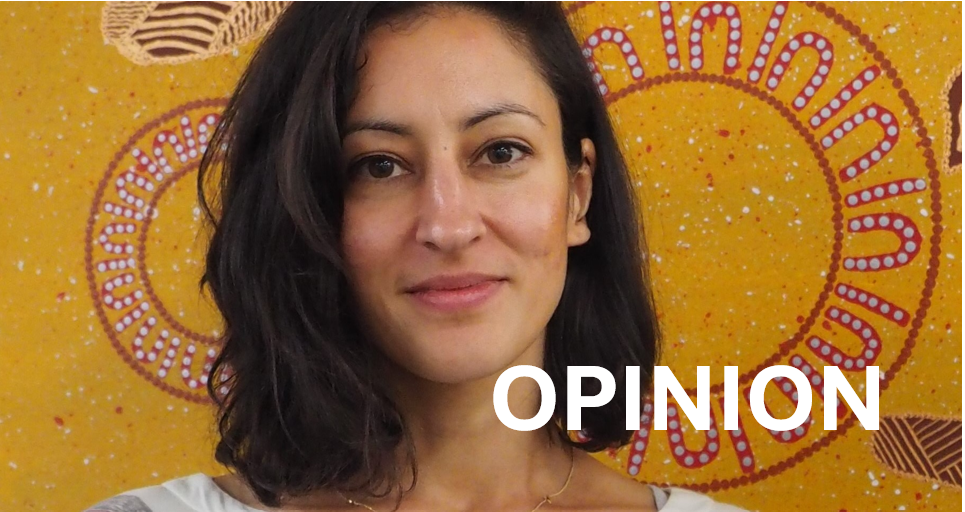OPINION: Why unsolicited selling should be banned
An edited version was first published in the Herald Sun on Sunday, 14 April 2025
Christine clicked on a Facebook site promising a solar deal with government rebates she could not refuse. Then a salesperson arrived at her Gippsland door, and sold her solar panels she neither wanted, nor could afford.
“I was like a lamb to the slaughter… I’m kicking myself that I let the man in the front door,” Christine says, but she is just one of so many we hear from on our frontlines who have been door-knocked, cold called or tricked into an unwanted sales visit to their home.
A survey in January conducted by the Consumer Policy Research Centre found that 63% of regional Australians had a salesperson cold call them and 44% had been door-knocked in the last year. 40% felt pressured to buy something and 26% pressured to hand over personal information.
What is so insidious about unsolicited sales like these is that they happen out of sight, most often in regional areas, where people are pressured and deceived to sign up in their homes. Many people living in regional areas are trusting, and we observe this trust being taken advantage of by unscrupulous sales agents.
The problems are being fuelled by government incentives and availability of Buy Now Pay Later credit. Not only is a person making a large spontaneous purchase, in many cases we see, they are also signed up to BNPL – often without being able to afford to repay or having the terms (and fees) explained. This is all happening in the midst of a cost-of-living crisis.
Today, we are hearing about the door-to-door selling and telemarketing of many items, most notably, solar panels -in the past it was encyclopedias and educational software- it’s an ongoing systemic issue that has been with us for decades, and impacts thousands of families and causes spiralling debt and real harm especially to those living in vulnerable circumstances.
I’m happy to write that recent changes in the law now mean we have a chance to stop cases like Christine’s in their tracks
Last July, Consumer Action Law Centre along with CHOICE and the Council of Small Business Organisations Australia (COSBOA)- were chosen by the Federal Government as the first ‘designated complainants’.
That means Consumer Action can pick up a systemic problem experienced by consumers and put it before the Australian Competition and Consumer Commission (ACCC), which is required to consider and come back with actions within 90 days.
Ours is the very first complaint, and we chose unsolicited selling because the current law is woeful in failing to prevent widespread pressure and deceptive sales, that lead to ongoing financial and psychological harm. It also means we have a new tool to tackle an issue that has been harming Australian consumers for decades.
That’s why we are recommending that the next Government legislate a complete ban on unsolicited selling under Australian Consumer Law, along with much tighter regulation of lead generation practices that circumvent the limited unsolicited selling protections. Nothing short of a complete ban will stop the harm.
Further, the ACCC may determine to further investigate the harms created by this channel.
It’s crazy that a person types in their contact details on a website that looks legitimate and offers something enticing, then they quickly find themselves spammed with cold calls, or subject to an in-home sales pitch. Companies are using lead generation to get around the (very limited) protections that do exist, whereby clicking on the website those consumer protections may not apply.
Consumer advocates have a long history of identifying systemic issues that present on our front-line services and cause harm, and we were excited to be chosen to be able to make a super complaint on behalf of Australia’s consumers. Now its up to the ACCC and Government to step up.
Read the full complaint.
Watch a video of Stephanie discussing the designated complaint.
ENDS
Media contact: Mark Pearce, Media and Communications Adviser, 0413 299 567, media@consumeraction.org.au


